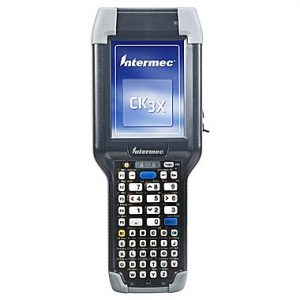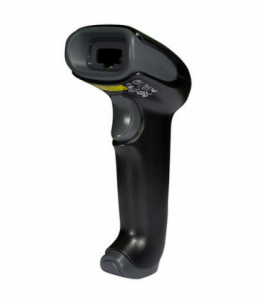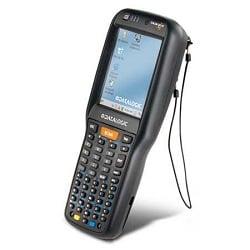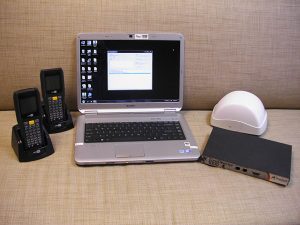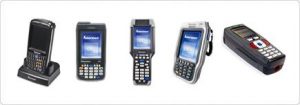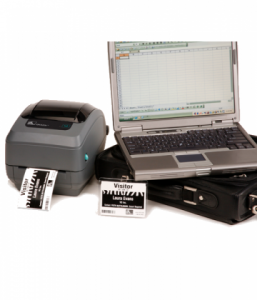For a business just setting out on an endeavor to improve the efficiency of its inventory processes, there are a variety of factors to consider. Chief among these concerns, however, is implementing an effective barcode system. A barcode system is about more than just the barcodes themselves, although of course those barcodes are necessary. A barcode system that tracks inventory effectively is able to seamlessly integrate the barcodes with barcode hardware like a barcode scanner or a barcode reader, as well as with the latest barcode software. Today, there are more barcode software options than ever before, many of which are specifically designed to track inventory.
The options provided by the latest inventory tracking software are numerous. Businesses are now able to grant inventory database access to all of their employees, allowing for significantly improved synergy, workflow and productivity between employees and departments. The increased interconnectedness provided by greater access to inventory tracking software also increases efficiencies from business to business. Inventory fluctuations can now be communicated in real time to the manufacturing and shipping sectors, allowing for optimizations to be made throughout the supply chain. There has never been more real-time data available than there currently is thanks to cloud-based software and other recent innovations in the world of inventory tracking software. With all of these benefits, many of which require a complex process of implementation and systemization before they are fully realized, it can be easy for businesses to jump the gun and neglect the basics. Before a business or organization considers inventory tracking software, it needs to consider the unique nature of its inventory. This begins by determining whether it is a periodic inventory or a perpetual inventory.

Periodic Inventory
In a periodic inventory, updates to the inventory are made on a regular or “periodic” basis. In these cases, a business or organization makes decisions about its inventory through the framework of a fixed period of time. Many assess their inventory on an annual basis, a biannual basis or by financial quarter. Businesses that take a periodic inventory, at the end of each fiscal year for example, often require only a very basic version of inventory tracking software. Though the software needed for periodic inventory may be simple by industry standards, it is important for businesses to identify a comprehensive set of functions that the software needs to be able to perform and ensure that any prospective software program can perform these functions. Periodic inventory software is usually able to intake barcode scans and allow users to input quantity numbers. Other fields that this basic software is able to collect include location, bin, room and other item descriptions. The software can also synch with a database and allow users to look up information on an item based on its attributes like price or color.
Perpetual Inventory
Perpetual inventories require software that allows users to track inventory on an ongoing or continual basis. The major feature of this software is its ability to allow users to make real-time adjustments to an inventory. This ability to adjust inventory as items are received and shipped is a major advantage for businesses. Perpetual inventory tracking software also uses to conduct audits that compare the inventory data with the actual inventory. Perpetual inventory requires software that allows for more factors to be analyzed and adjusted by users, including things like Item Code, SKU number, minimum/maximum quantity allowed and quantity on hand. Whatever an organization’s type of inventory, there is a software program to help manage it

